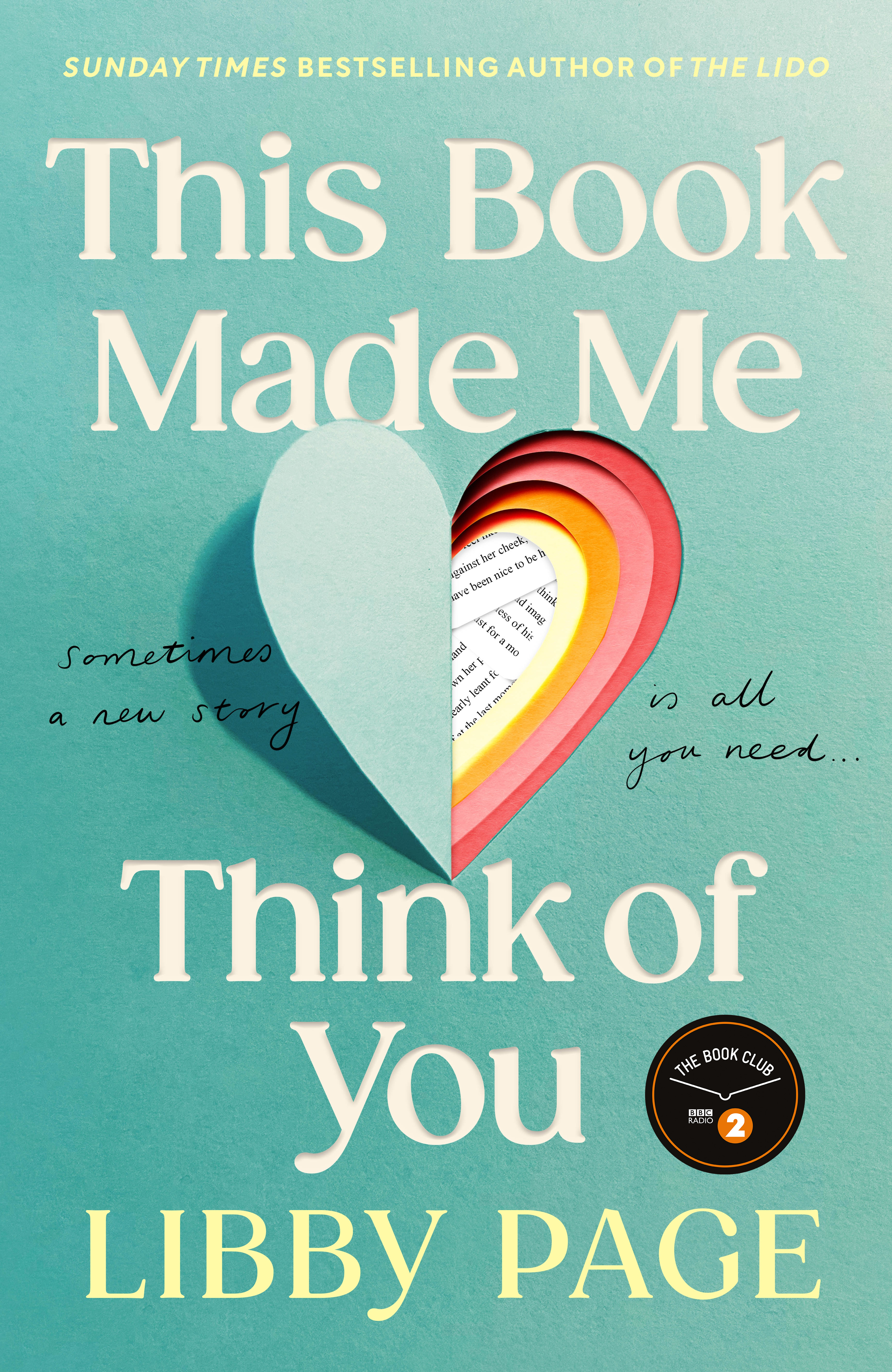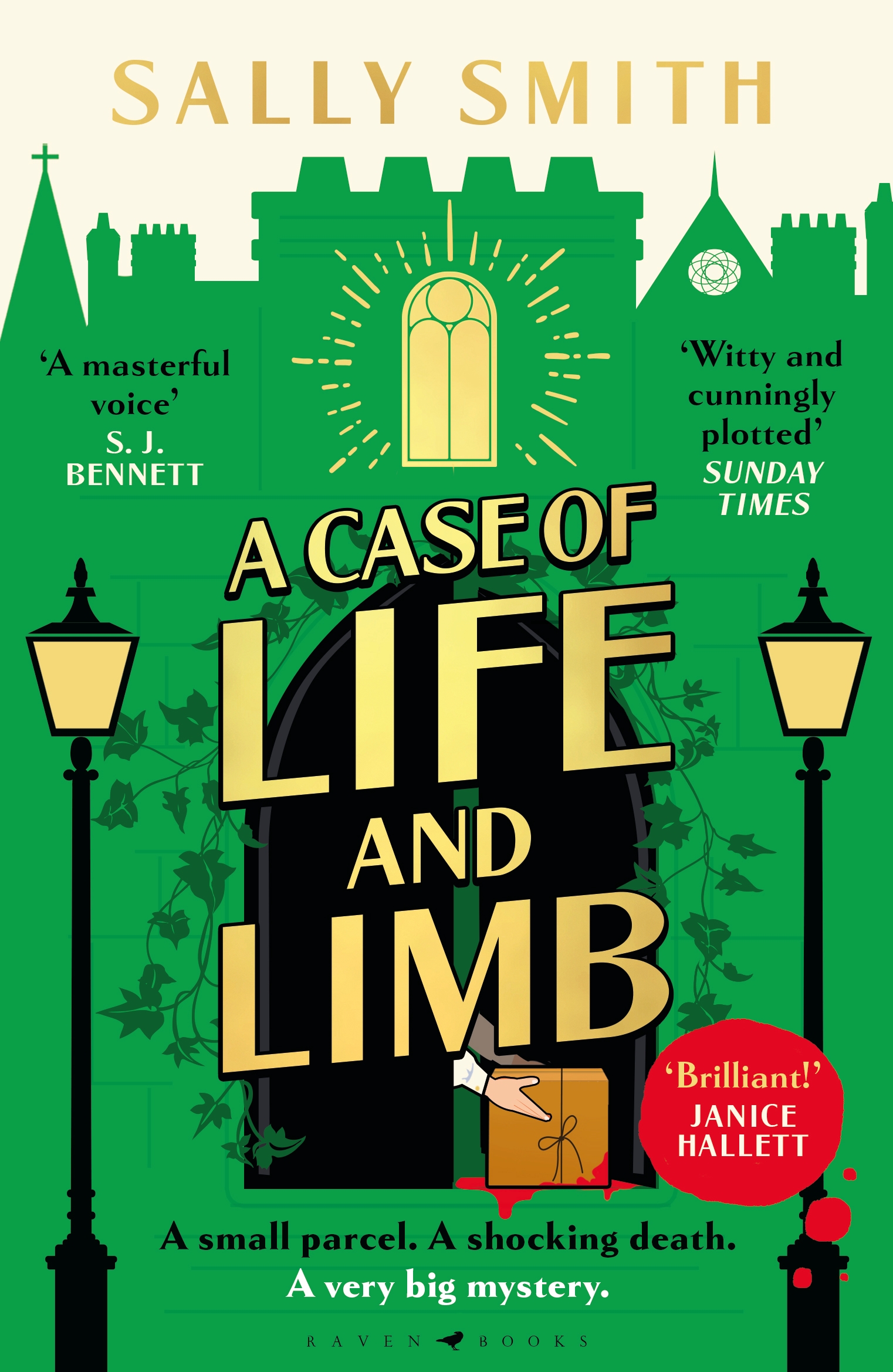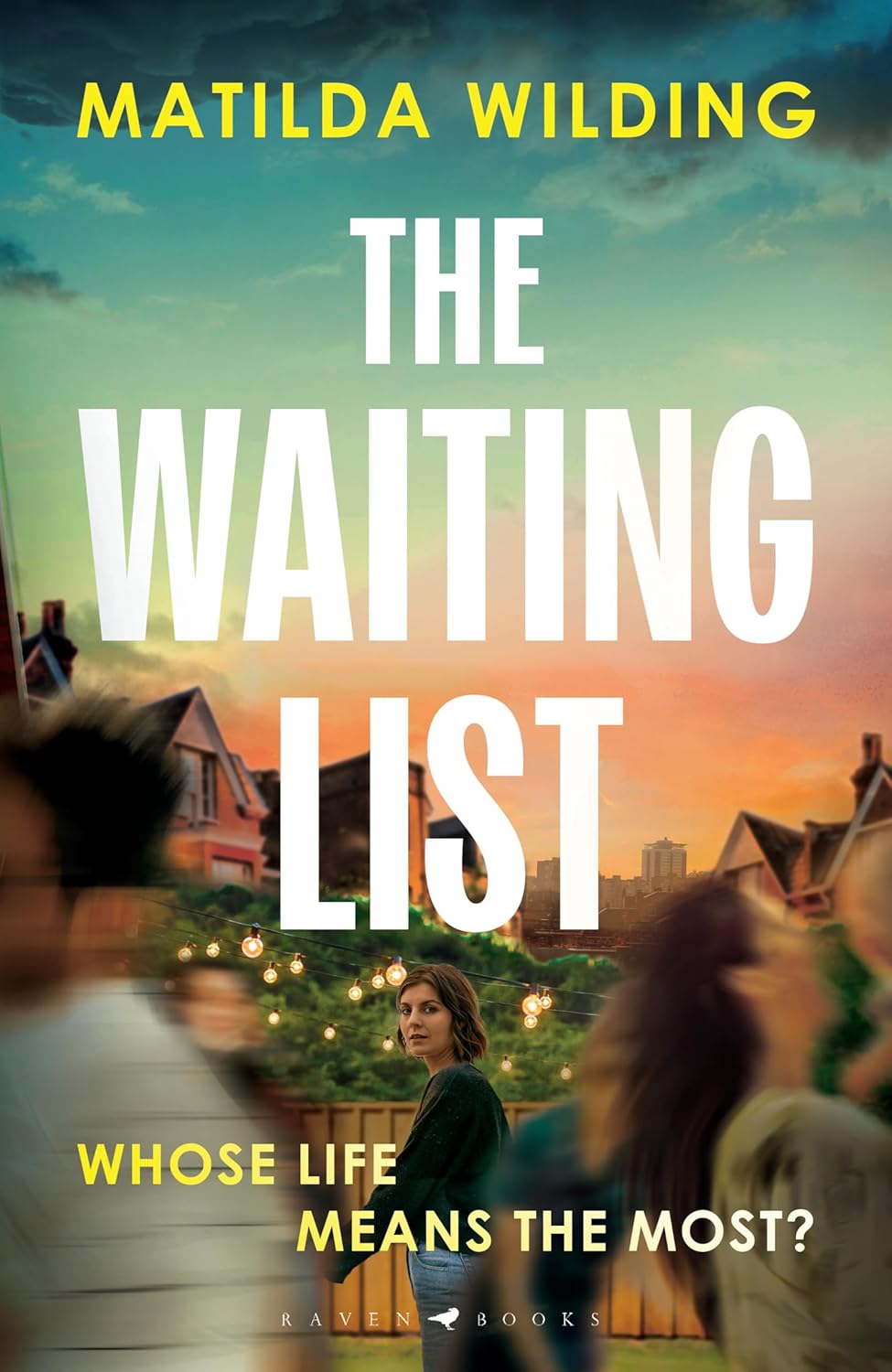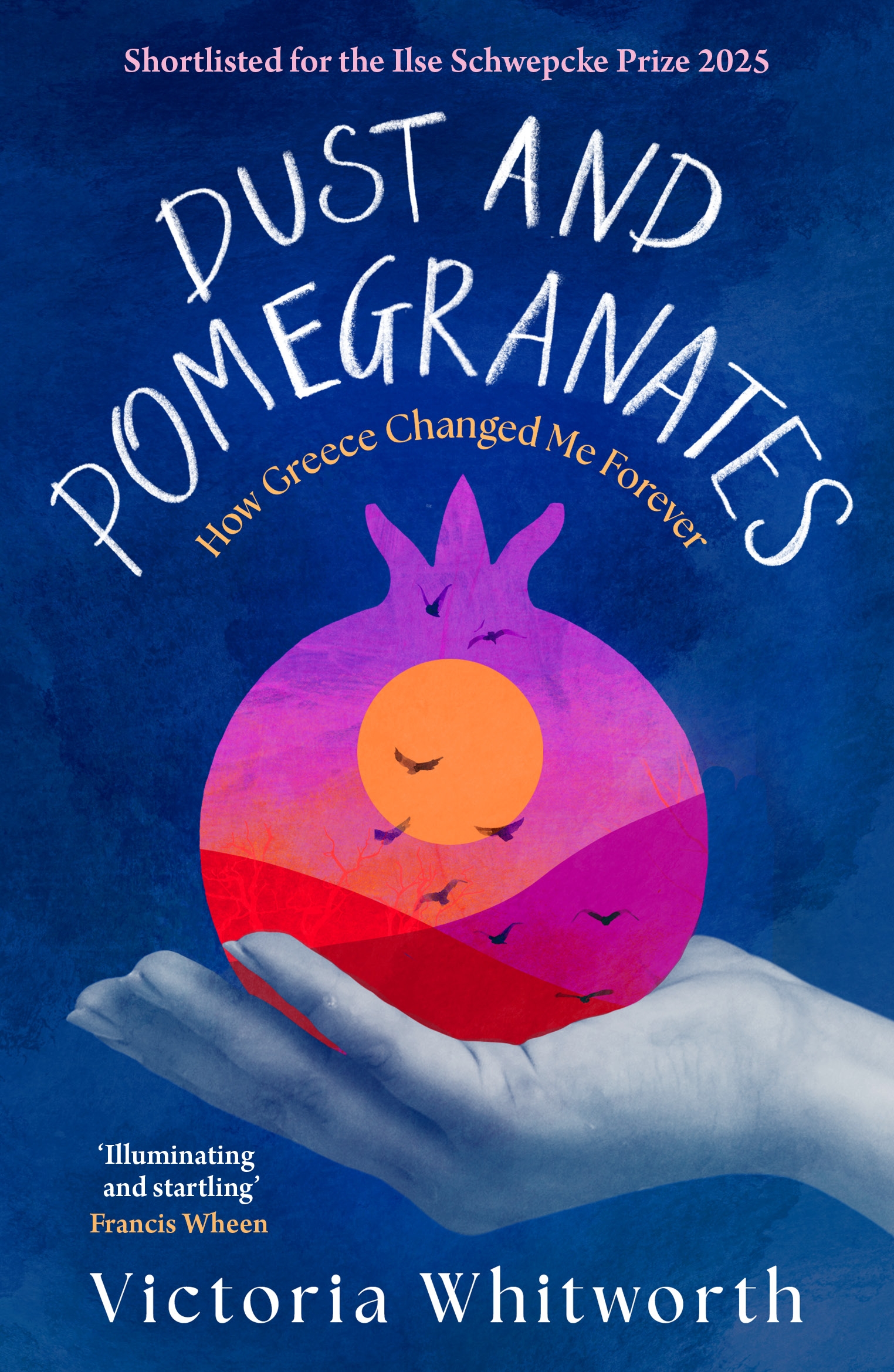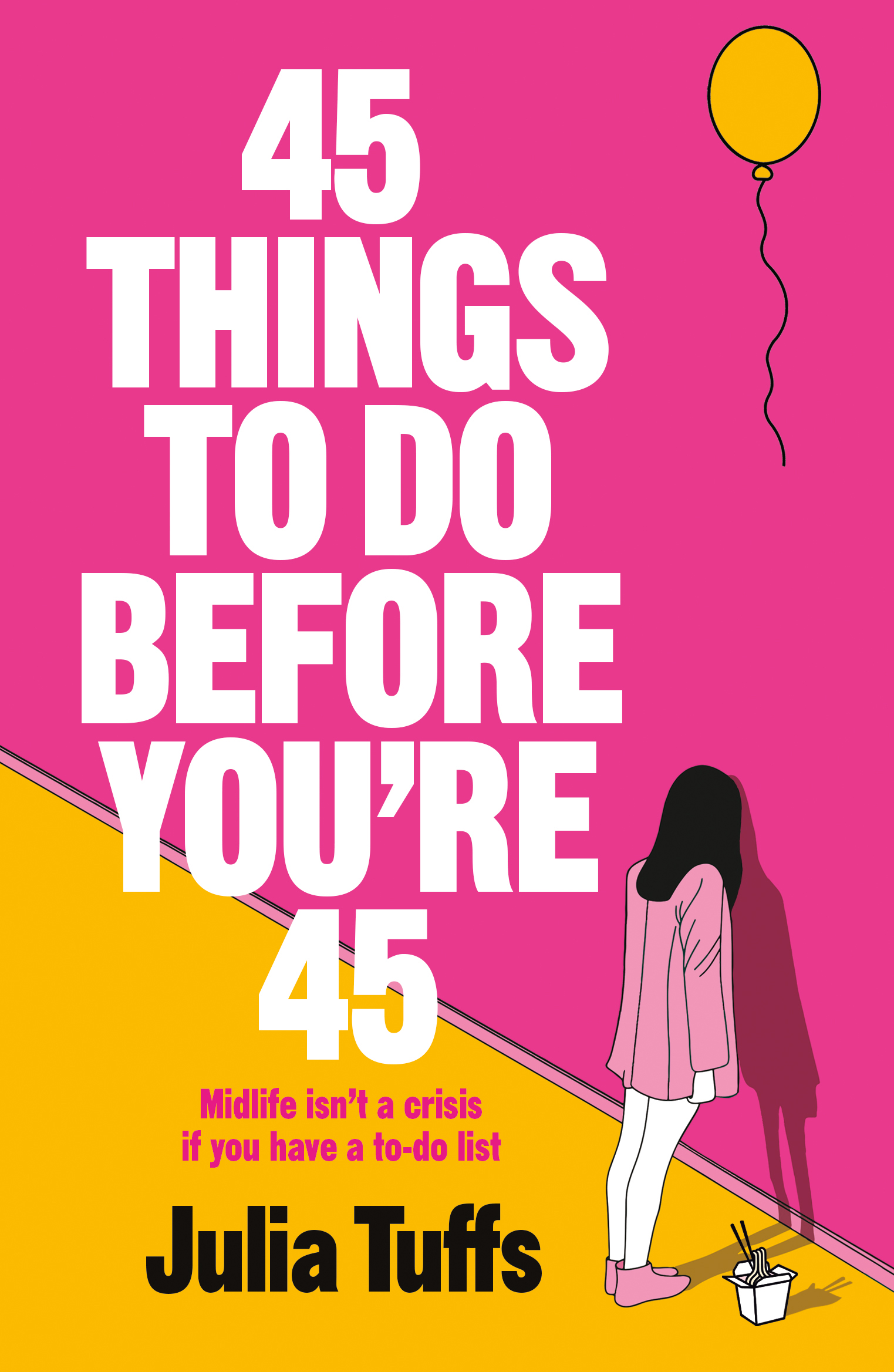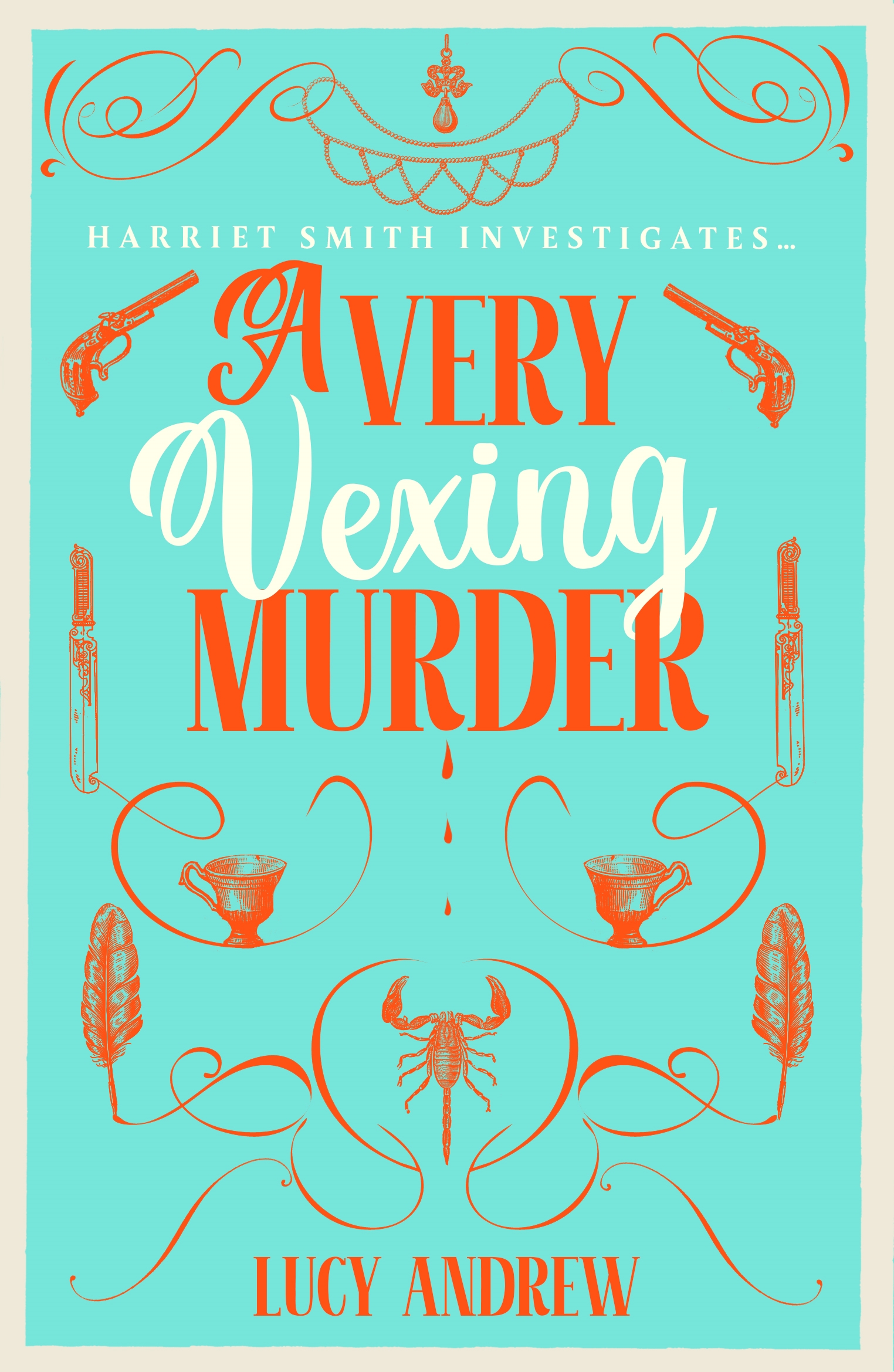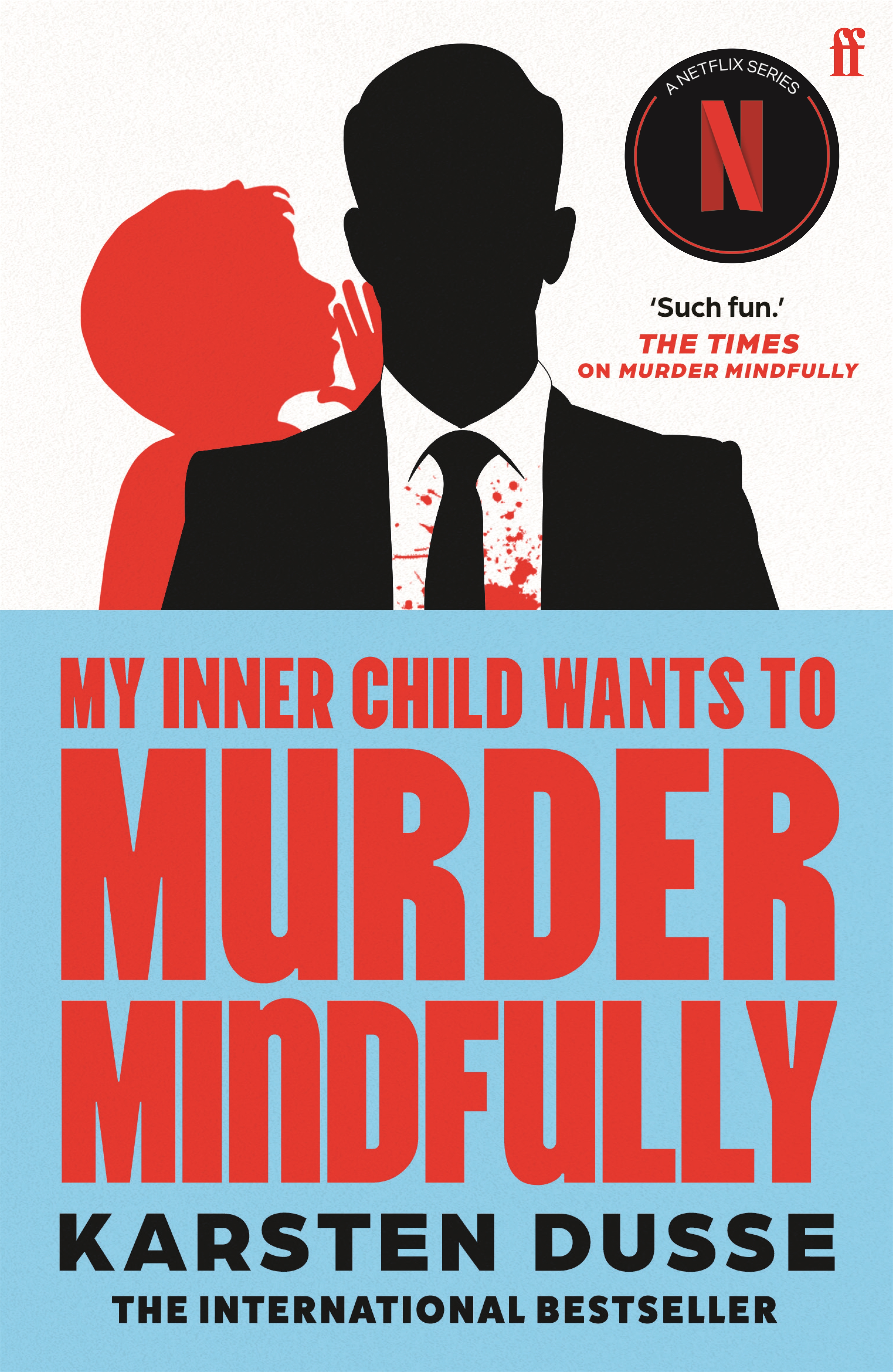The Premonitions Bureau: A Sunday Times bestseller

As seen:
By Sam Knight
avg rating
8 reviews
A SUNDAY TIMES BESTSELLER
- Chosen as a Book of the Year in the Times, Observer, Telegraph, Irish Times, Stylist and iPaper **
‘A stunning piece of work’ Patrick Radden Keefe
‘Beautifully ordered, humane, capacious’ Hilary Mantel
‘An eerie and amazing account of coincidence and fate’ Emma Cline
‘Completely compelling and beautifully written’ Anil Seth
The story of a strange experiment – a journey into the oddest corners of 60s Britain and the outer edges of science and reason.
Premonitions are impossible. But they come true all the time.
You think of a forgotten friend. Out of the blue, they call.
But what if you knew that something terrible was going to happen? A sudden flash, the words CHARING CROSS. Four days later, a packed express train comes off the rails outside the station.
What if you could share your vision, and stop that train? Could these forebodings help the world to prevent disasters?
In 1966, John Barker, a dynamic psychiatrist working in an outdated British mental hospital, established the Premonitions Bureau to investigate these questions. He would find a network of hundreds of correspondents, from bank clerks to ballet teachers. Among them were two unnervingly gifted ""percipients"". Together, the pair predicted plane crashes, assassinations and international incidents, with uncanny accuracy. And then, they informed Barker of their most disturbing premonition: that he was about to die.
The Premonitions Bureau is an enthralling true story, of madness and wonder, science and the supernatural – a journey to the most powerful and unsettling reaches of the human mind.
TweetReviews
Macclesfield Library Reading Group
Many thanks to @ReadingAgency and @FaberBooks for providing free copies of Macclesfield Library Reading Group to read and review. Here are the thoughts of our members -
“Although I did find the topic interesting, I found the structure of the book confusing – the narrative seemed to jump from one case study to another. And even though each different story was well written and seemed well researched, there wasn’t always a seamless connection between them.”
“A thought-provoking read and not something I would have read otherwise. The book could have done with being longer and more in depth with fewer examples to really get to grips with each alleged premonition and subsequent disaster.”
“I felt really disappointed with this book – I wanted it to come to some sort of conclusion about the subject matter and its ongoing study but the book just seemed to end when one of the lead researchers died. This would probably have worked better as a novel”
“I did like the book but it was I didn’t feel like I ever truly understood what the Premonitions Bureau was. The writing style was easy to read and engaging – the parts about Aberfan were heart-breaking but the author didn’t really build on that momentum and carry the interest through into actual descriptions of how the Bureau operated.”
“The parts of the book describing research into placebo drugs was more interesting to me than the premonitions – the ESP bits of the book were just too much for me!”
“I was initially very intrigued but the book never fulfilled its promise sadly. I think I was expecting a study of scientifically assessed premonitions which had in some sense or another come true but that is not what this book is at all. The narrative is a bit meandering too which didn’t help me to clearly understand what Sam Knight was trying to do with this book.”
“I’m not a believer in anything psychic and there was nothing in this book to convince me to change my mind, if that was the author’s intent.”
“I’m open to the possibility of premonitions because surely there are still things about the human mind we simply don’t understand so I was excited to give this book a go. It’s not what I expected, however, and doesn’t really dig deep into the phenomenon of premonitions or their scientific study, as the blurb suggests. So I’m still just left with a vague awareness that things may exist that we can’t yet perceive – and that didn’t come from this book!”
“An intriguing concept but the execution was poor. The format seemed quite bitty with no logical segues into the next topic.”
I surprised myself by enjoying this book: it covers an aspect of modern history about which I previously knew absolutely nothing, and as such was fascinating. Whilst I sometimes found the tendency of the author to go off on long tangents frustrating, these helped to flesh out the context of the society of the time and the key personalities involved in both undertaking the research and contributing to it. In particular the descriptions of the Aberfan disaster, which I remember from my childhood, and the Hither Green rail crash, which is still talked about in SE London, were vivid and horrific by their calm, factual understatement of the emotional impact.
The section on the treatment of those suffering from mental illness, whilst not always relevant to the main theme was nonetheless interesting, albeit in a somewhat grim fashion. The book poses more questions than it manages to answer but left me wondering whether there is more to the concept of premonition than I had previously believed. Certainly worth reading if only to leave one marvelling at the strangeness of the human mind!
I have mixed feelings about this book and am left wondering if it really achieves more than the sum of its parts. The concept is interesting, attempting as it does to tell the story of the professional life and times of a noted psychiatrist, whilst at the same time providing a thorough grounding in the theories and ideas about mental health that were current during the fifties, sixties and seventies. However, I wonder if the resulting fragmented structure of the book hinders rather than helps. Nevertheless, at times the writing is very engaging and even moving, for example the section dealing with the Aberfan disaster, and the way in which that particular story is told is what I shall remember and appreciate most about this book.
Thank you once again for supplying copies to our reading group, this book will give us plenty to discuss when we next meet!
V Ryrie, Hunstanworth Village Hall Book Club
This book was a fascinating read. It took me a while to get into it because it was not the typical genre of book I read. However, I became more interested with the book the more I read on and am shocked about how it's a true story. I would definitely recommend this book to anyone who is interested in things such as precognition, as it is about how people predicted the future, investigated by the psychiatrist John Barker.
Many thanks to @ReadingAgency and @FaberBooks for providing free copies for Macclesfield Library Reading Group to read and review. Here are the thoughts of our members -
“I’m open to the possibility of premonitions because surely there are still things about the human mind we simply don’t understand so I was excited to give this book a go. It’s not what I expected, however, and doesn’t really dig deep into the phenomenon of premonitions or their scientific study, as the blurb suggests. So I’m still just left with a vague awareness that things may exist that we can’t yet perceive – and that didn’t come from this book!”
“I did like the book but it was I didn’t feel like I ever truly understood what the Premonitions Bureau was. The writing style was easy to read and engaging – the parts about Aberfan were heart-breaking but the author didn’t really build on that momentum and carry the interest through into actual descriptions of how the Bureau operated.”
Many thanks to @ReadingAgency and @FaberBooks for providing free copies for Macclesfield Library Reading Group to read and review. Here are the thoughts of our members -
“Although I did find the topic interesting, I found the structure of the book confusing – the narrative seemed to jump from one case study to another. And even though each different story was well written and seemed well researched, there wasn’t always a seamless connection between them.”
“A thought-provoking read and not something I would have read otherwise. The book could have done with being longer and more in depth with fewer examples to really get to grips with each alleged premonition and subsequent disaster.”
Many thanks to @ReadingAgency and @FaberBooks for providing free copies for Macclesfield Library Reading Group to read and review. Here are the thoughts of our members -
“The parts of the book describing research into placebo drugs was more interesting to me than the premonitions – the ESP bits of the book were just too much for me!”
“I was initially very intrigued but the book never fulfilled its promise sadly. I think I was expecting a study of scientifically assessed premonitions which had in some sense or another come true but that is not what this book is at all. The narrative is a bit meandering too which didn’t help me to clearly understand what Sam Knight was trying to do with this book.”
“I’m not a believer in anything psychic and there was nothing in this book to convince me to change my mind, if that was the author’s intent.”
“An intriguing concept but the execution was poor. The format seemed quite bitty with no logical segues into the next topic.”
I absolutely loved this book and read it in two sittings. The writer takes us through the scientific, philosophical and ethical issues surrounding precognition but never gives us a resolution or really leads us one way or another. The tone is not overly academic and was on the right side of challenging for me, and it was nice to revisit some topics form my philosophy A Level back in the early 90s! The amount of research that has gone into this book really shows but it is ever preachy or boring. I felt immersed in 1960s Britain. John Barker is presented as someone torn between what is already known and what might be known: is he breaking new ground or is he exploiting people for personal gain? I don't think my review can do the book justice: it is certainly a book you need to read and make you own judgements on. Special mention to the designer of the cover: it is an absolute bobby-dazzler, reminiscent of Saul Bass, and perfectly sets the tone for the period.
Full disclosure: I received this book for free in exchange for a review, as part of a book group.
